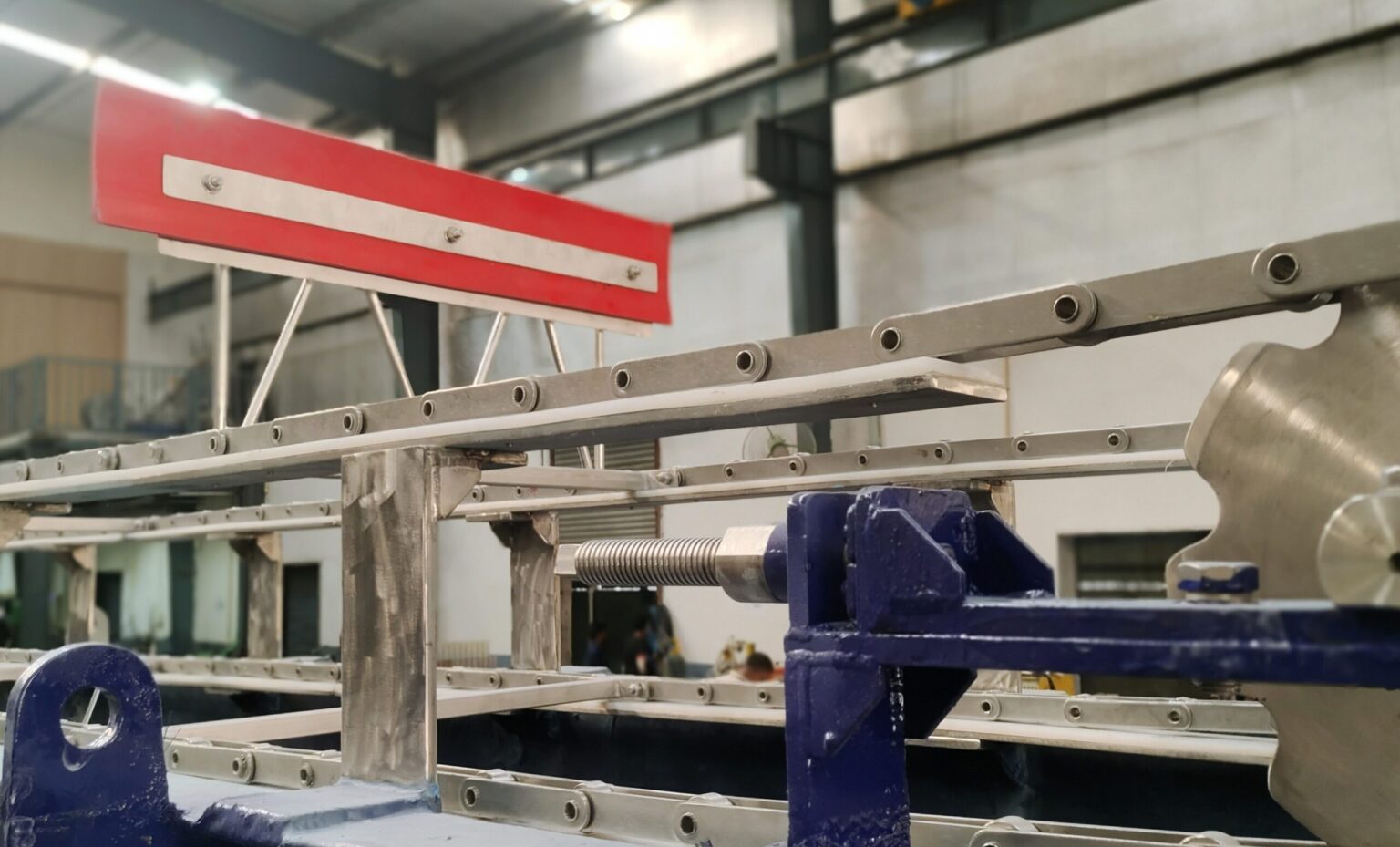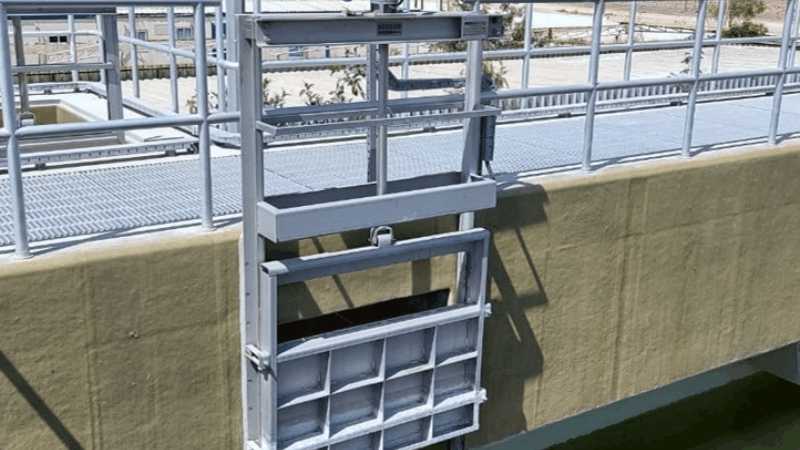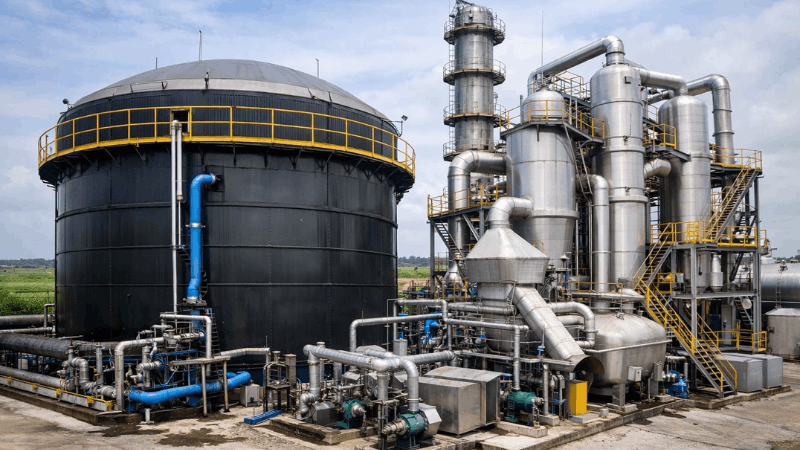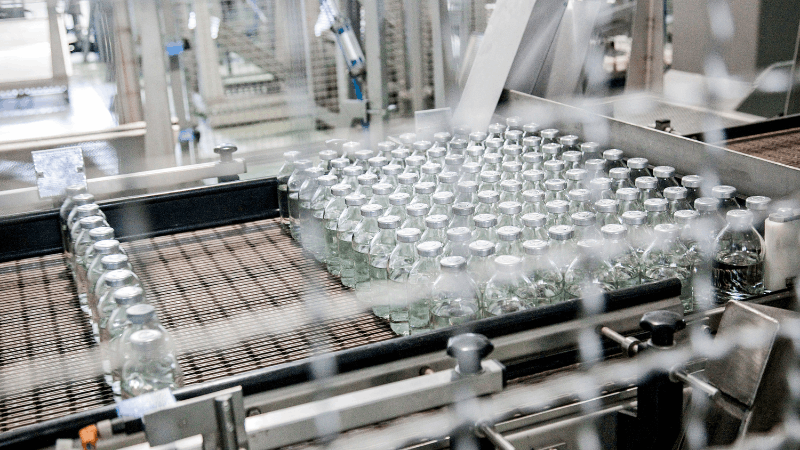Sludge Recovery: A Smart Step Toward Sustainability and Savings

In wastewater treatment, sludge plays a far more important role than just being a byproduct. Sludge plays a central role not only in water purification but also in resource recovery. As environmental regulations tighten and industries seek greener solutions, the focus has shifted toward treating sludge not as waste, but as a resource. This article explores the critical role sludge plays in wastewater treatment, how its recovery contributes to sustainability, and the economic advantages of managing it efficiently.
Sludge is the semi-solid byproduct generated during the treatment of wastewater. As wastewater passes through primary and secondary treatment stages, solid particles—including organic matter, bacteria, and other suspended solids—settle and form sludge.
In the secondary treatment stage, biological processes break down organic pollutants with the help of microorganisms. These microbes cluster into flocs, forming what’s known as activated sludge, which helps to further clean the water. This biological sludge is then separated from the treated water and either returned to the system to maintain microbial balance or processed further.
How does Sludge Recovery Contribute to Resource Sustainability?
Sludge recovery is a key component of sustainable wastewater management, which involves transforming waste into a valuable resource. Modern sludge recovery systems are engineered to extract energy, nutrients, and water from sludge efficiently.
One of the most impactful recovery methods is anaerobic digestion, where sludge is broken down in the absence of oxygen to produce biogas, which is primarily composed of methane —a renewable energy source. This biogas can be used to power the treatment plant, reducing reliance on external energy sources and lowering greenhouse gas emissions.
Sludge is also rich in nutrients like nitrogen and phosphorus, which can be extracted and used as fertilizer in agriculture, reducing the need for synthetic alternatives.
Advanced sludge dewatering and drying units, often part of integrated recovery systems, help reduce sludge volume while making it easier to handle, transport, or repurpose. These systems represent a shift from waste disposal to resource optimization, aligning wastewater facilities with circular economy principles.
What are the Economic Benefits of Efficient Sludge Recovery?
Efficient sludge recovery is not just environmentally sound—it also offers clear economic advantages for industries and municipalities. By recovering resources such as biogas, water, and nutrients, treatment facilities can significantly reduce operating costs and even generate revenue.
Energy generation through biogas helps offset the high electricity demands of wastewater treatment plants, which are traditionally energy-intensive. Facilities can achieve near energy-neutral or even energy-positive status by optimizing sludge digestion processes. This translates to lower utility bills and reduced dependence on external power sources.
Nutrient recovery provides another stream of savings. Recovered phosphorus and nitrogen can be sold or used in local agriculture, reducing the cost of purchasing synthetic fertilizers. In regions with strict disposal regulations, reducing sludge volume through efficient treatment can also lower transportation and landfill costs.
Moreover, adopting sludge recovery technologies can enhance a facility’s compliance with environmental standards, avoiding potential fines and help build credibility with stakeholders. Over time, the initial investment in sludge recovery infrastructure pays off through long-term operational savings, regulatory incentives, and improved sustainability credentials.
Sludge is no longer just a waste to be managed—it is a valuable resource waiting to be recovered. With the help of dedicated technologies such as sludge scraper systems and sludge recovery systems, wastewater treatment plants can streamline operations, reduce environmental impact, and unlock economic benefits. These systems not only improve the efficiency of treatment processes but also enable facilities to recover energy, nutrients, and water in ways that support long-term sustainability. With rising demands for responsible resource management, investing in modern sludge handling systems is no longer optional—it’s essential for sustainable progress.
Frequently Asked Questions(FAQs)
Q.1 Why is it important to manage spills, scum, and sludge effectively?
A. Poor management of spills, scum, and sludge can lead to environmental contamination, foul odors, and system inefficiencies. Proper disposal and treatment help ensure compliance with environmental regulations and protect public health.
Q.2 What are the environmental benefits of sludge recovery?
A. Sludge recovery helps reduce landfill usage, minimizes greenhouse gas emissions, and promotes a circular economy by reusing waste instead of discarding it.





